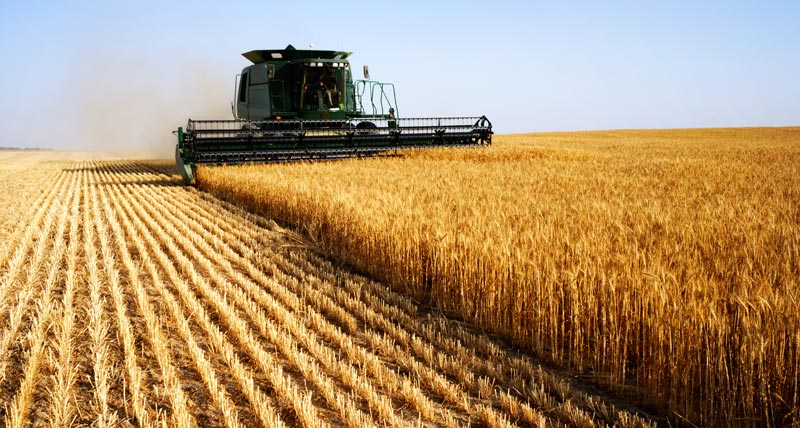In recent years, agricultural land sales have surged dramatically, driven by a confluence of factors including climate change, shifting investment priorities, and evolving food security concerns. The increasing scarcity of arable land due to climate impacts, such as droughts, floods, and soil degradation, has elevated farmland to a premium status. Investors, both institutional and private, have begun recognizing farmland as a stable asset class with long-term value, especially in a world where the availability of fertile land is becoming increasingly constrained. Climate change is reshaping the agricultural landscape in multiple ways. Regions once considered agriculturally secure are facing unpredictable weather patterns, water shortages, and more frequent extreme weather events. This has led to heightened competition for land in areas with stable growing conditions and ample water resources.

As a result, land in regions less vulnerable to climate-related disruptions has seen a significant uptick in value. In addition to climate concerns, a growing number of investors view agricultural land as a hedge against inflation and economic uncertainty. Farmland offers the dual benefits of producing food – a critical resource – while also serving as a tangible, appreciating asset. As traditional investment markets become more volatile, especially in light of global economic fluctuations and geopolitical tensions, farmland has become an attractive alternative. Large institutional investors, including pension funds and private equity firms, have begun diversifying their portfolios by acquiring substantial tracts of land. This growing demand has driven up prices, particularly in regions where land can support a variety of high-value crops such as corn, soybeans, and wheat. Moreover, the rising global population and the corresponding increase in food demand have further intensified the rush for farmland.
As the world’s population edges toward 10 billion by 2050, the need for reliable, high-yield agricultural production becomes increasingly critical. This demographic pressure has spurred interest not only in land acquisition but also in technological advancements like precision farming, which promises to maximize productivity on limited arable land. The convergence of these trends has reshaped the landscape of agricultural land ownership, farm auctions mankato mn, with more corporations, investment firms, and wealthy individuals acquiring land as a strategic asset. In conclusion, the skyrocketing sales of agricultural land reflect broader global trends – from climate instability to investment shifts. As fertile land becomes a more precious commodity, the competition for its ownership will likely continue to intensify, reshaping both agricultural practices and global food systems for decades to come.
